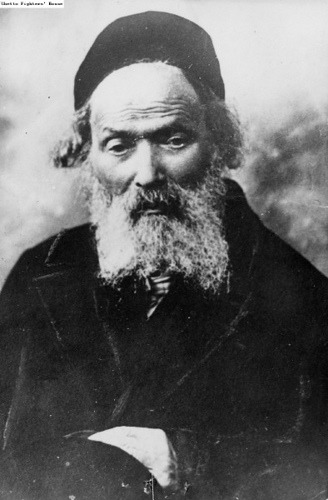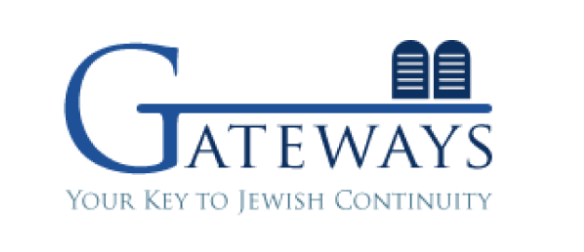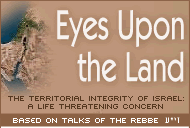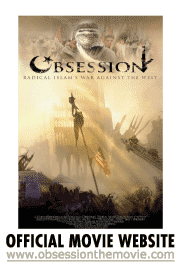The Credit Card Accountability, Responsibility, and Disclosure (CARD) Act of 2009 became law in May. The provisions of the law address consumer protections, improved disclosures of credit contracts, gift cards, and of particular interest - regulations concerning the younger consumers and credit issuance.
The new law prevents consumers under the age of 21 from opening a new credit account unless the consumer has submitted a written application to the card issuer that the meets the requirements of....the signature of a co-signer, including the parent, legal guardian, spouse, or any other individual who has attained the age of 21 having means to repay debts incurred by the consumer in connection with the account, indicating joint liability for debts incurred by the consumer in connection with the account before the consumer has attained the age of 21; or submission by the consumer of financial information, including through an application, indicating an independent means of repaying any obligation arising from the proposed extension of credit in connection with the account.
Also in the act is a provision which requires someone from the same list of parties above to increase an open credit line for an under 21 consumer. Other provisions include protecting young consumers from pre-screened offers of credit and for regulating, tracking, and reporting the activities of credit issuers involvement on campuses which includes prohibiting the offering of tangible gifts as an inducement to open a new credit account. The law also requires "credit card and debt education and counseling sessions" be provided to all new students of any institution.
While in particular the inducement restriction is a welcome regulation, there is reason to be concerned that a piece of this new law may increase identity frauds and scams. It will not take too long for 18 or 19 year olds who will not have co-signers to find co-signers when this law goes into affect, supposedly this upcoming winter.
The possibility for fraud is wide open. Some scam possibilities include offering to co-sign for a credit card in exchange for cash either as a residual or one-time fee without taking actual responsibility for the account. The "co-signer" may also be using stolen personal identifying information. What about the under 21 year old obtaining without authorization or buying an identity in order to create a co-signer? In the same way that 21 year olds and older buy alcohol for other students, it is a fair guess to say that irresponsible "adults" will co-sign for under 21 year olds. Just wait until we see fraternities and sororities offering credit backing as a fringe benefit of pledging or using it as an inducement for some other activity. This is merely the beginning. While this law is well-intended, I do not believe it was well thought out.
























































0 comments:
Post a Comment